What are the common misconceptions about using pickleball paddle grip tape?
Jan 07, 2026
Pickleball paddle grip tape, as important accessories for enhancing the comfort and control of holding the paddle, are receiving increasing attention from people. However, many people have some cognitive biases when using grip tape, which not only affect the user experience but may also cause damage to the paddle. This article will analyze the common misunderstandings when using pickleball paddle grip tape from the dimensions of material selection, replacement frequency, and usage methods, so that customers can avoid such usage misunderstandings and use grip tape better.
I. Material Selection: Blindly pursuing a sense of luxury.
There is a wide variety of grip tapes on the market, ranging from basic PU materials to high-end sweat-absorbent cotton and keel grip tape, with a large price span and different functions. However, a more expensive grip tape is not necessarily better. Blindly choosing a high-priced grip tape can easily overlook one's own needs. For example, a towel grip tape with strong sweat-absorbing properties is suitable for players with more hand sweat, but if used by those with dry hands, it may lead to a stiff grip tape due to excessive friction. The raised design of keel grip tape can enhance the grip, but it may be a burden for beginners or those with insufficient wrist strength, affecting their technical performance.
II. Replacement Frequency: Ignoring timeliness.
Grip tapes are consumables, and their performance gradually declines over time. However, some people lack awareness of this. Common misconceptions include: First, not replacing until broken. They believe that grip tapes can continue to be used as long as there is no obvious damage on the surface, ignoring the decline in core functions such as sweat absorption and anti-slip properties. Second, excessive cost-saving. To reduce costs, they reuse grip tapes or extend the replacement cycle, resulting in mold and deformation of the paddle due to long-term exposure to sweat, and even affecting the lifespan of the paddle. In fact, the replacement frequency of grip tapes should be determined based on usage intensity and the environment. For high-frequency trainers, it is recommended to replace them once a week, while ordinary enthusiasts can replace them every 2-3 weeks. If the grip tape slips, changes color, or emits an odor, it needs to be replaced immediately.
III. Usage Method: Casual operation.
The way of wrapping the grip tape directly affects its usage effect, and this step is also prone to oversights. First, the wrong direction. Some grip tapes have a front and back design (such as one side being smooth and the other side being matte). If they are attached in the wrong way, the anti-slip property will decrease. Second, incomplete wrapping. When attaching, the edges of the grip tapes are not fully adhered to the paddle handle, leaving gaps. Sweat can easily seep into the interior, accelerating the aging of the grip tape. Third, improper length. A grip tape that is too long or too short will affect the grip feel. An overly long grip tape may cover the bottom of the handle, interfering with the power generation when hitting the ball, while an overly short grip tape cannot fully wrap the handle, reducing comfort. The correct wrapping method is to start from the bottom of the handle, wrap it evenly in the same direction, with an edge overlap of about 1-2 millimeters, and finally secure the end with sealing tape.
IV. Psychological Misconception: Over-reliance on grip tape to improve skills.
Some people over-rely on the functions of grip tape, believing that replacing high-end grip tapes can quickly improve their technical level, while ignoring the essence of technical training. The role of grip tape is to assist in holding the paddle, enhancing comfort and control, but they cannot compensate for deficiencies in core abilities such as power generation techniques and footwork. Therefore, grip tapes are just auxiliary tools for improving skills. While upgrading equipment, it is even more important to focus on technical training and standardizing movements.
Although grip tapes are small, they are related to the sports experience and the lifespan of the paddle. To avoid the above four misconceptions, comprehensive adjustments need to be made from multiple dimensions such as material selection, replacement frequency, usage methods, and psychological cognition. Only by using grip tapes scientifically can their true value be fully realized, making every hit more accurate and comfortable.
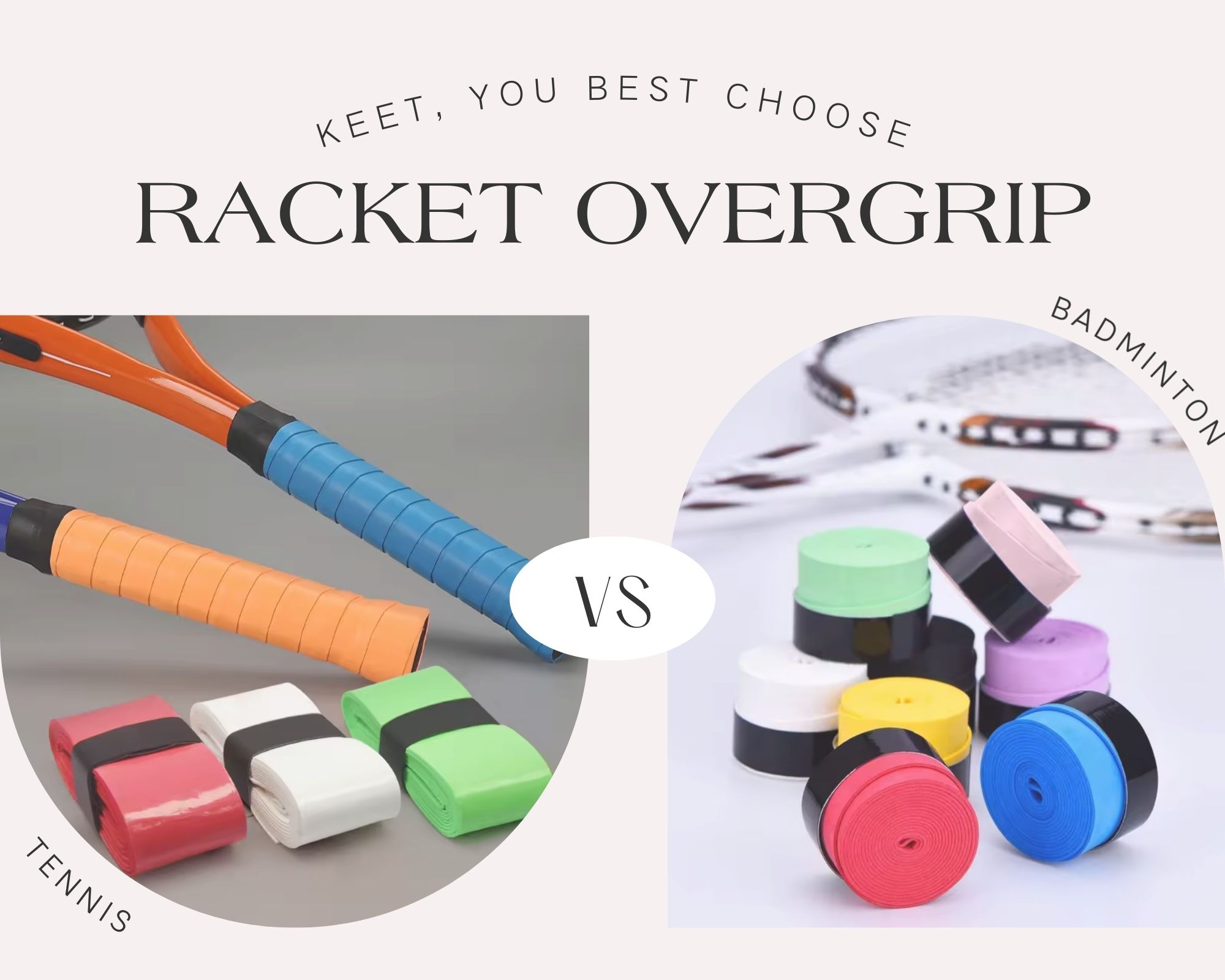
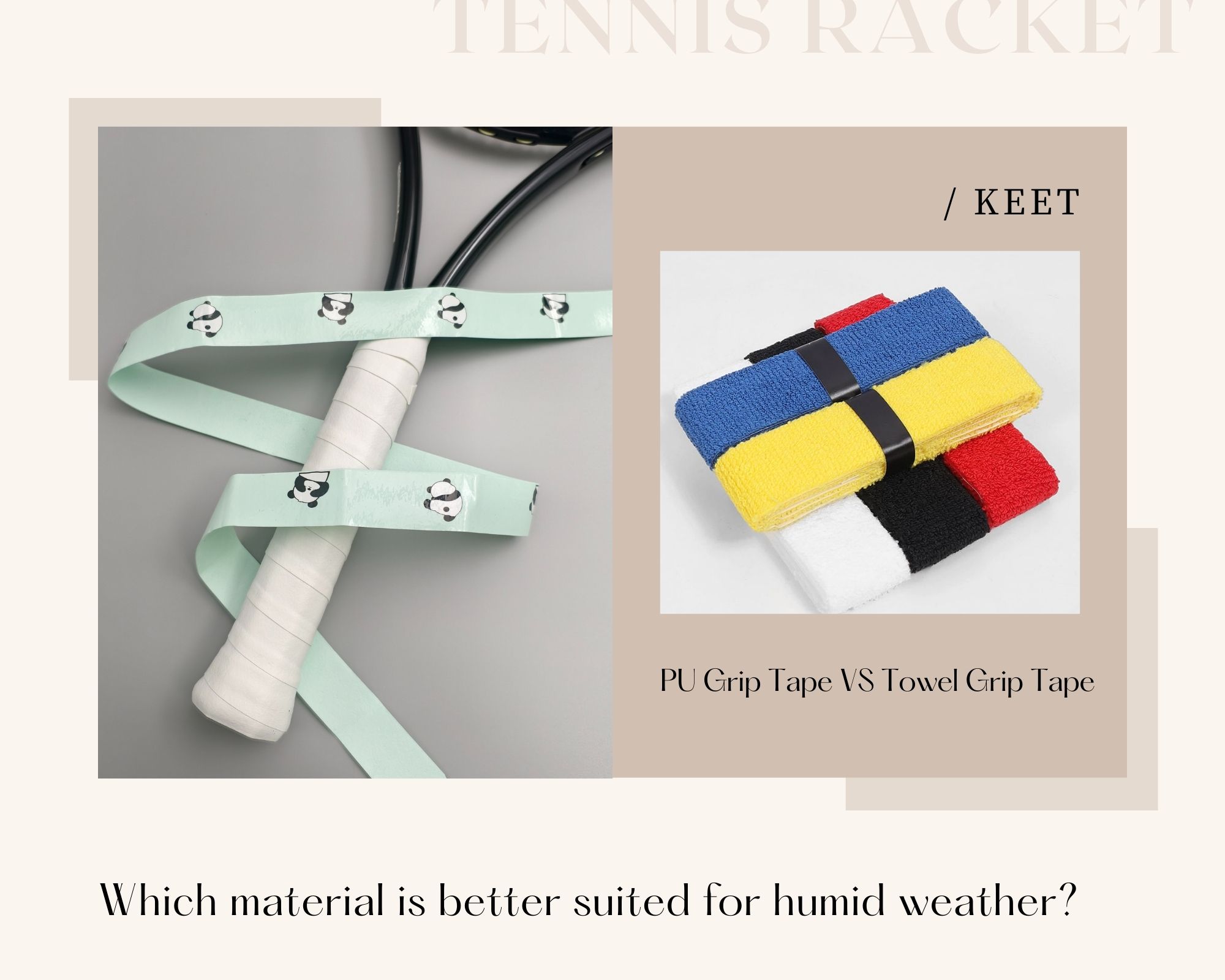
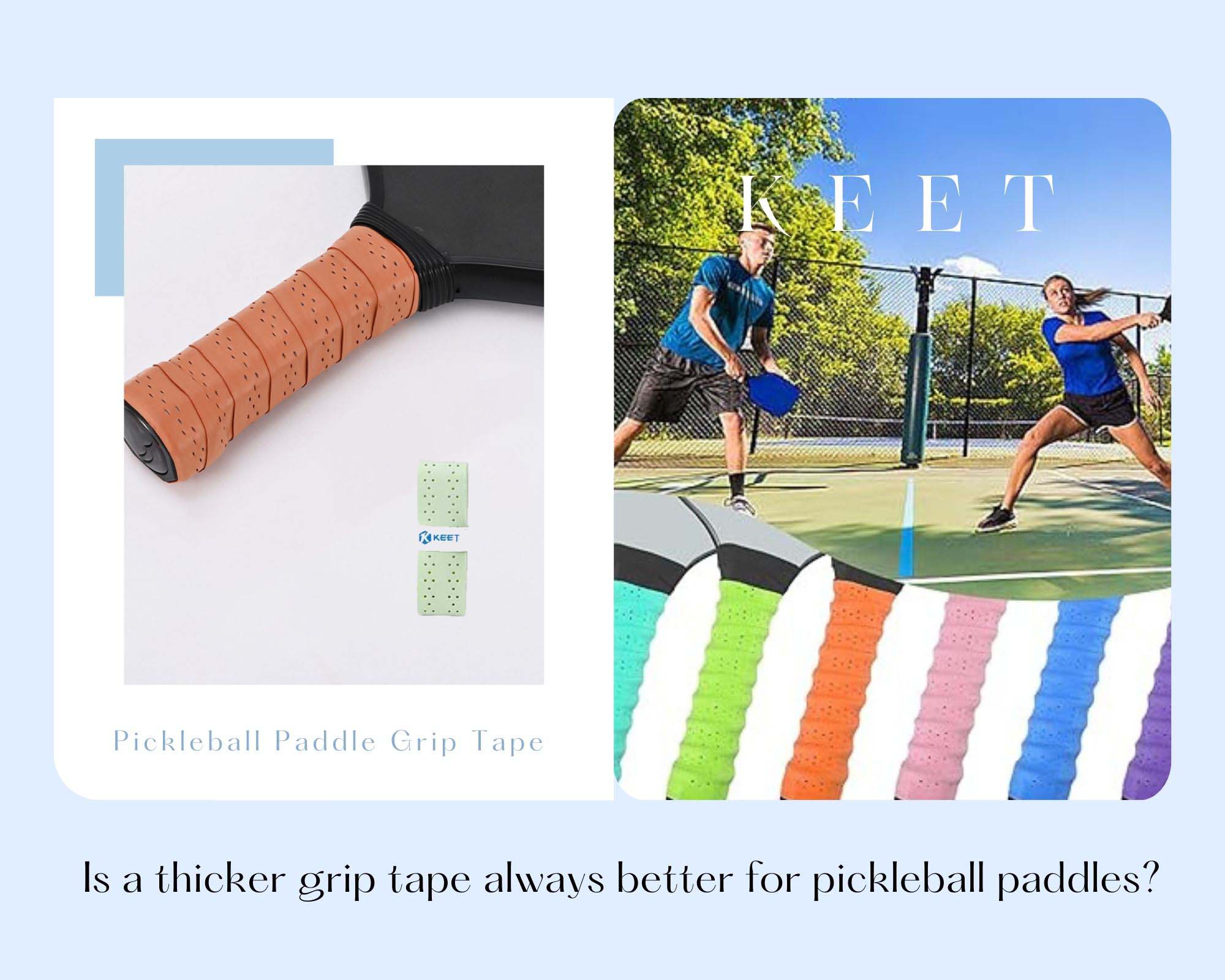
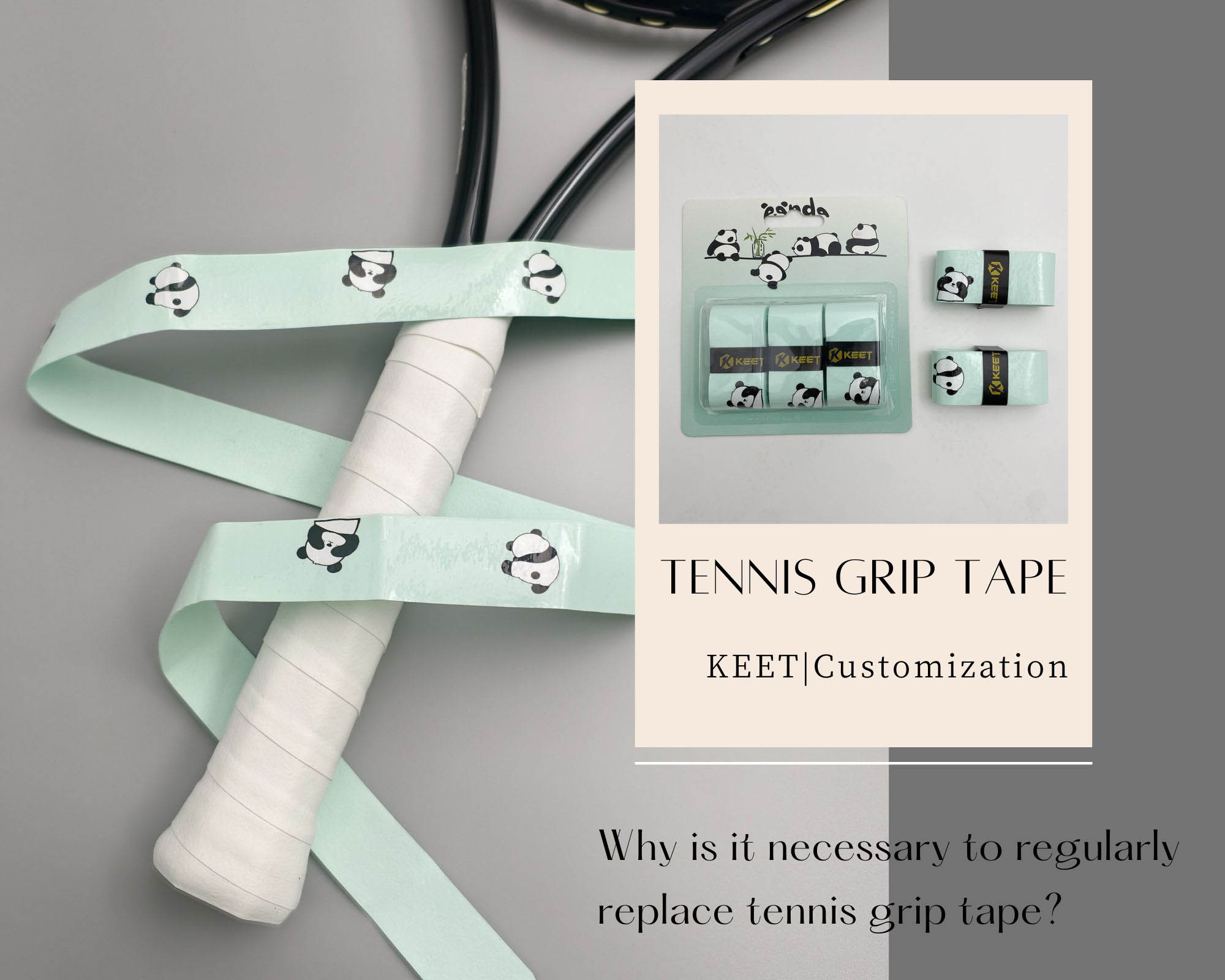
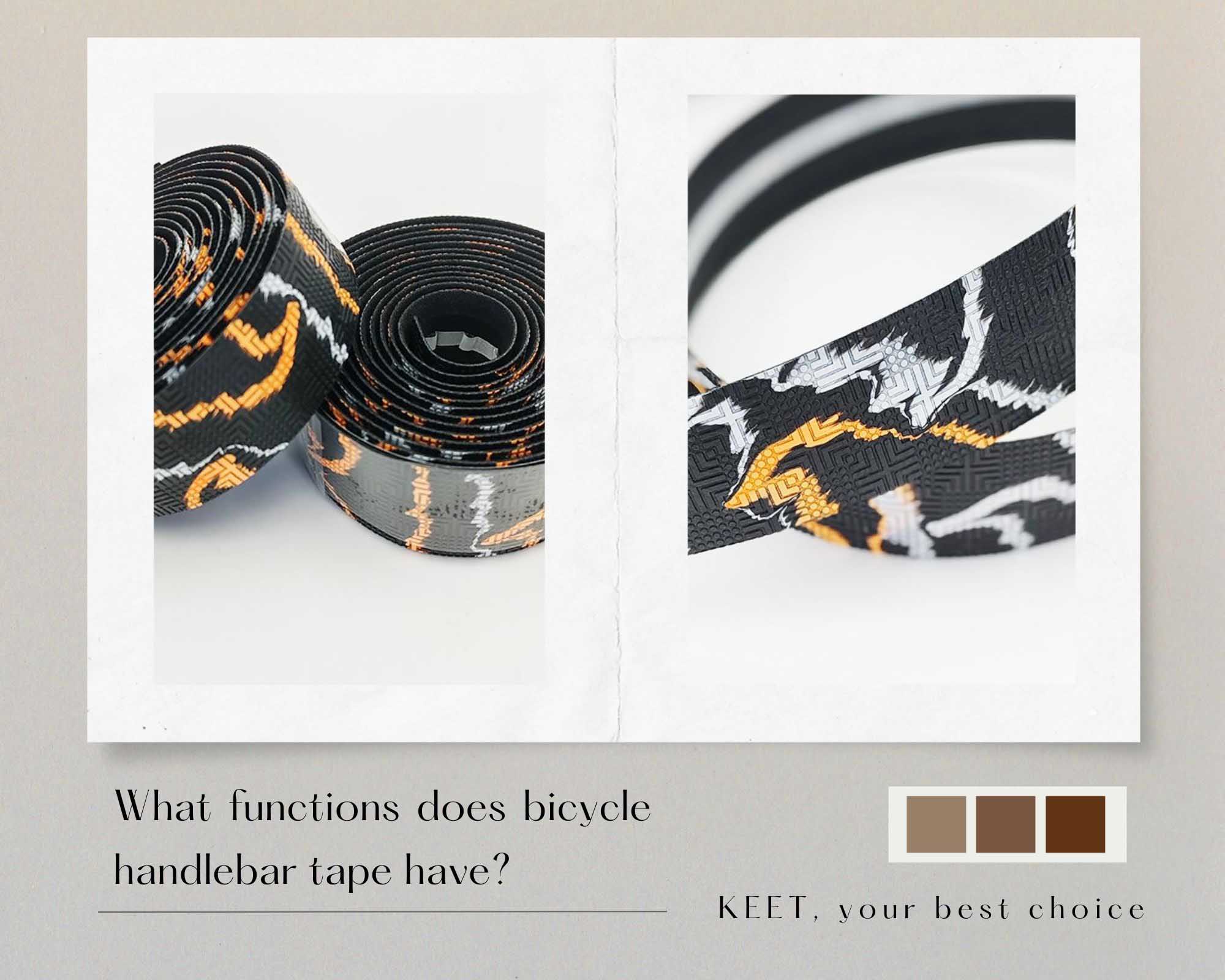
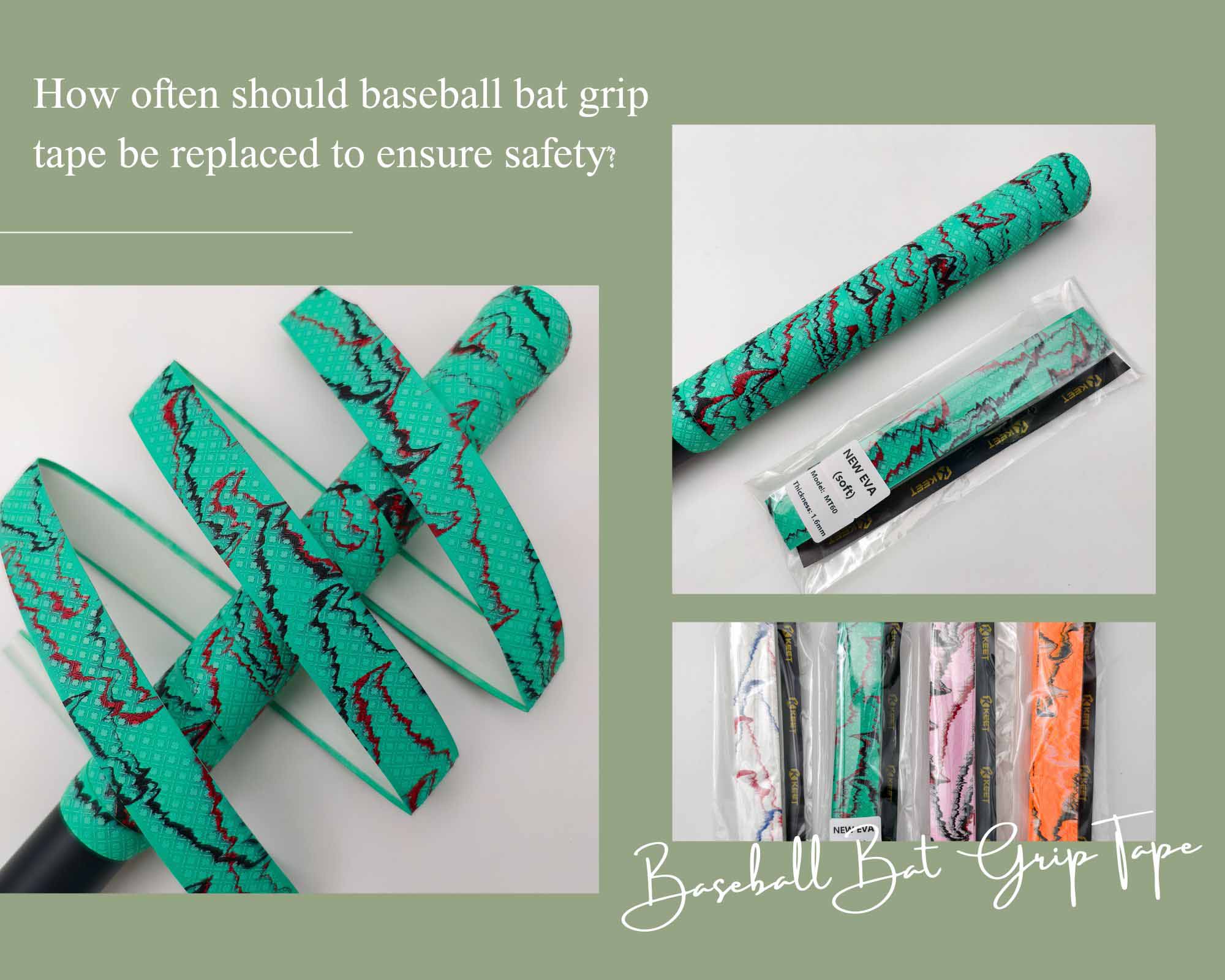
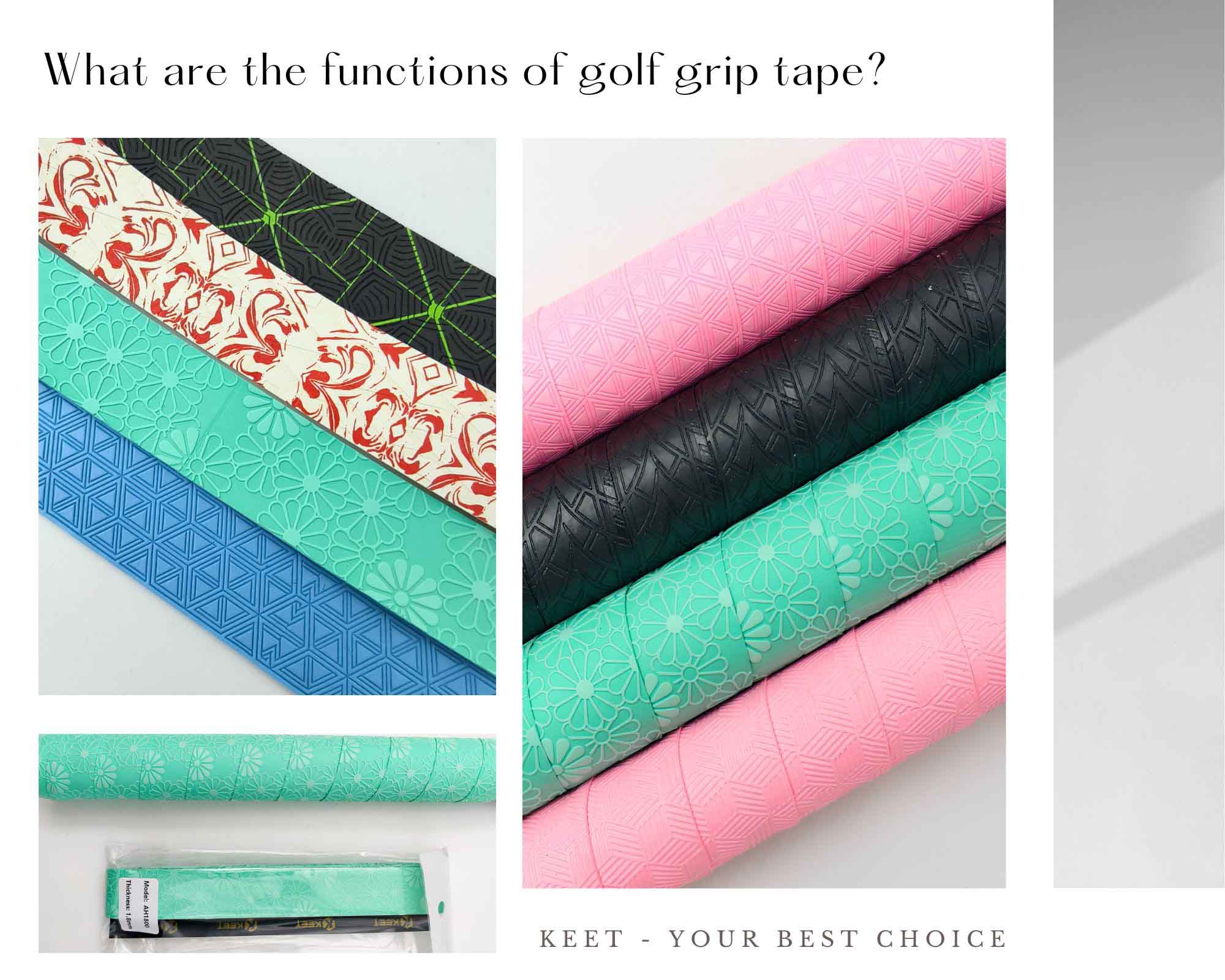
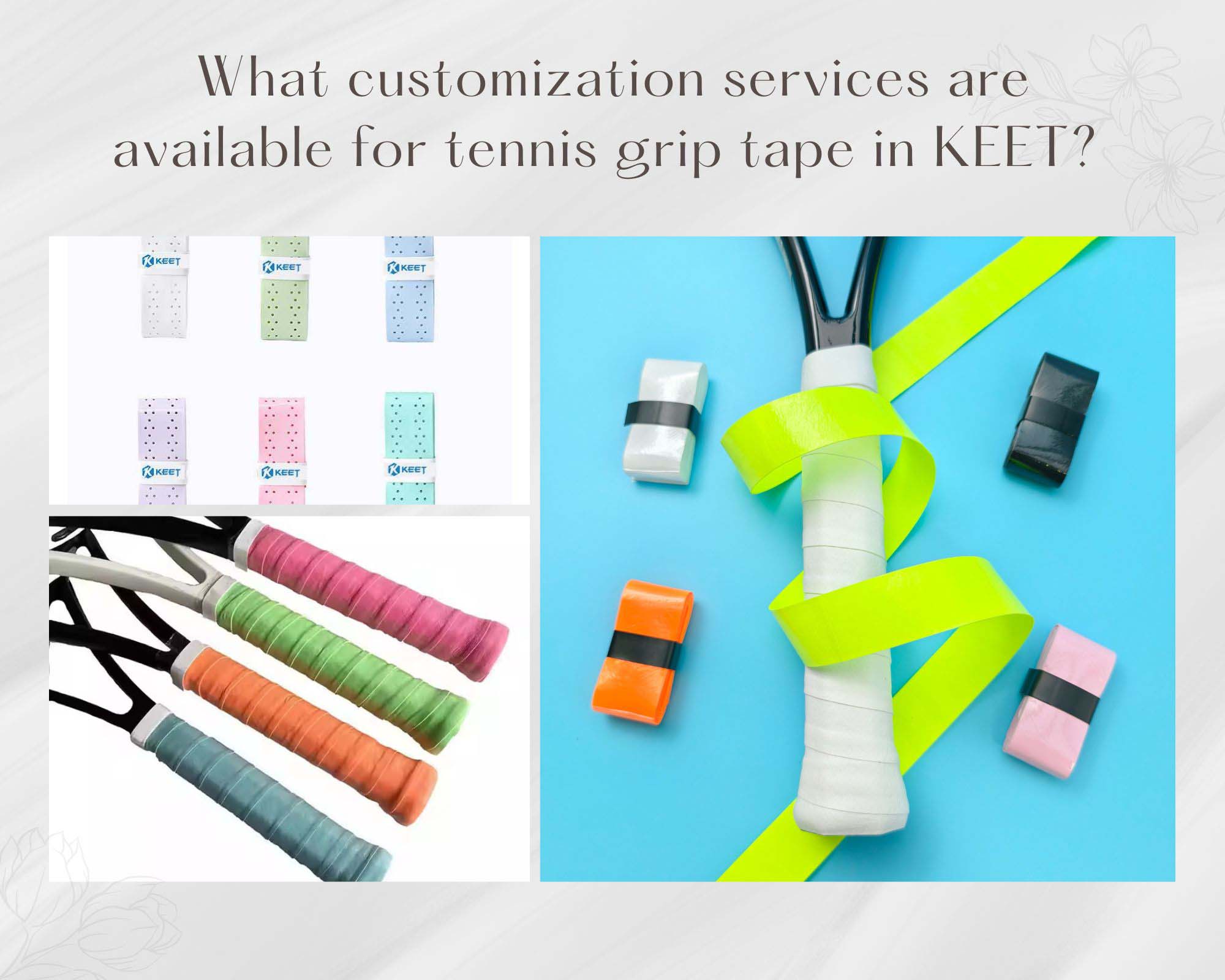
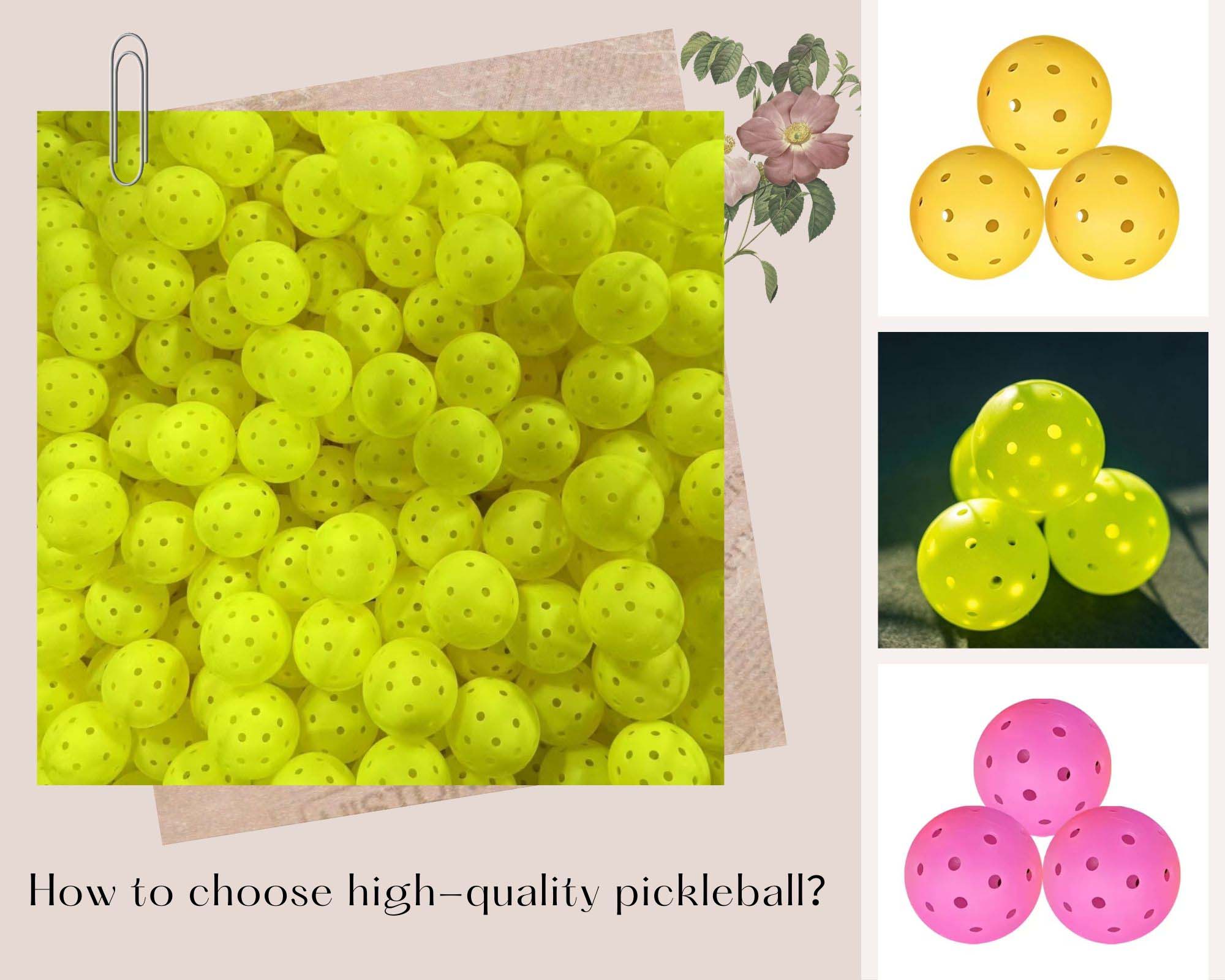
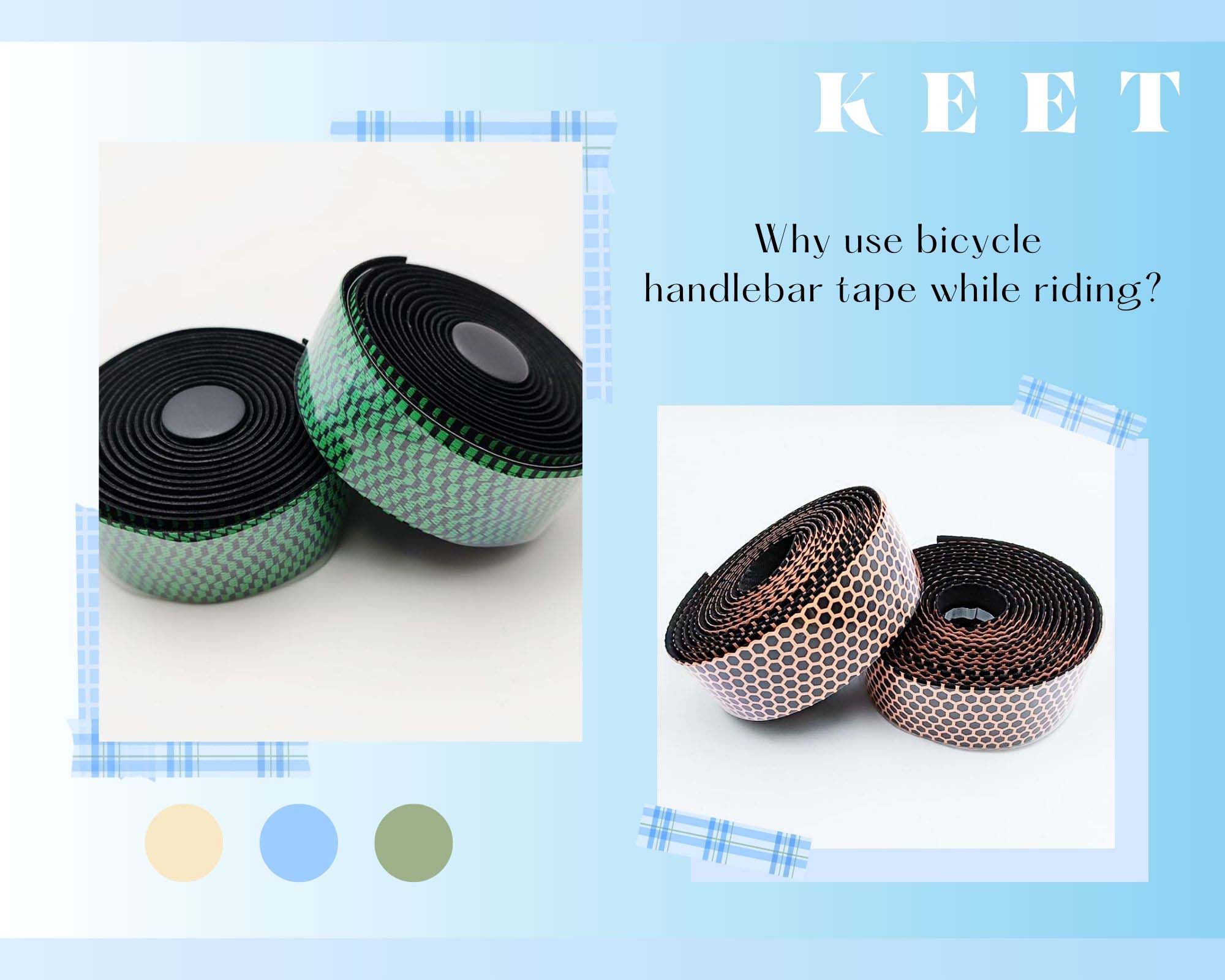
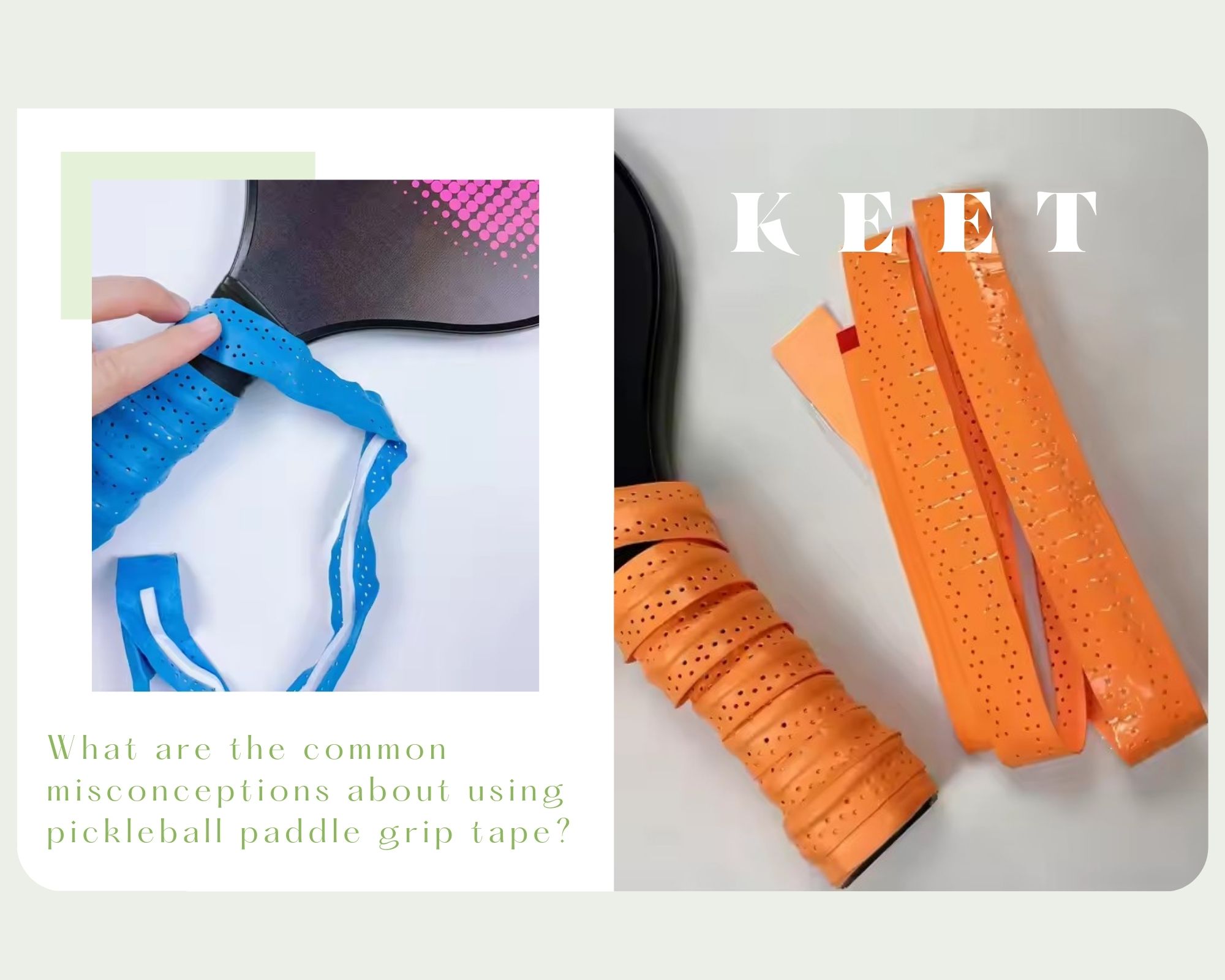
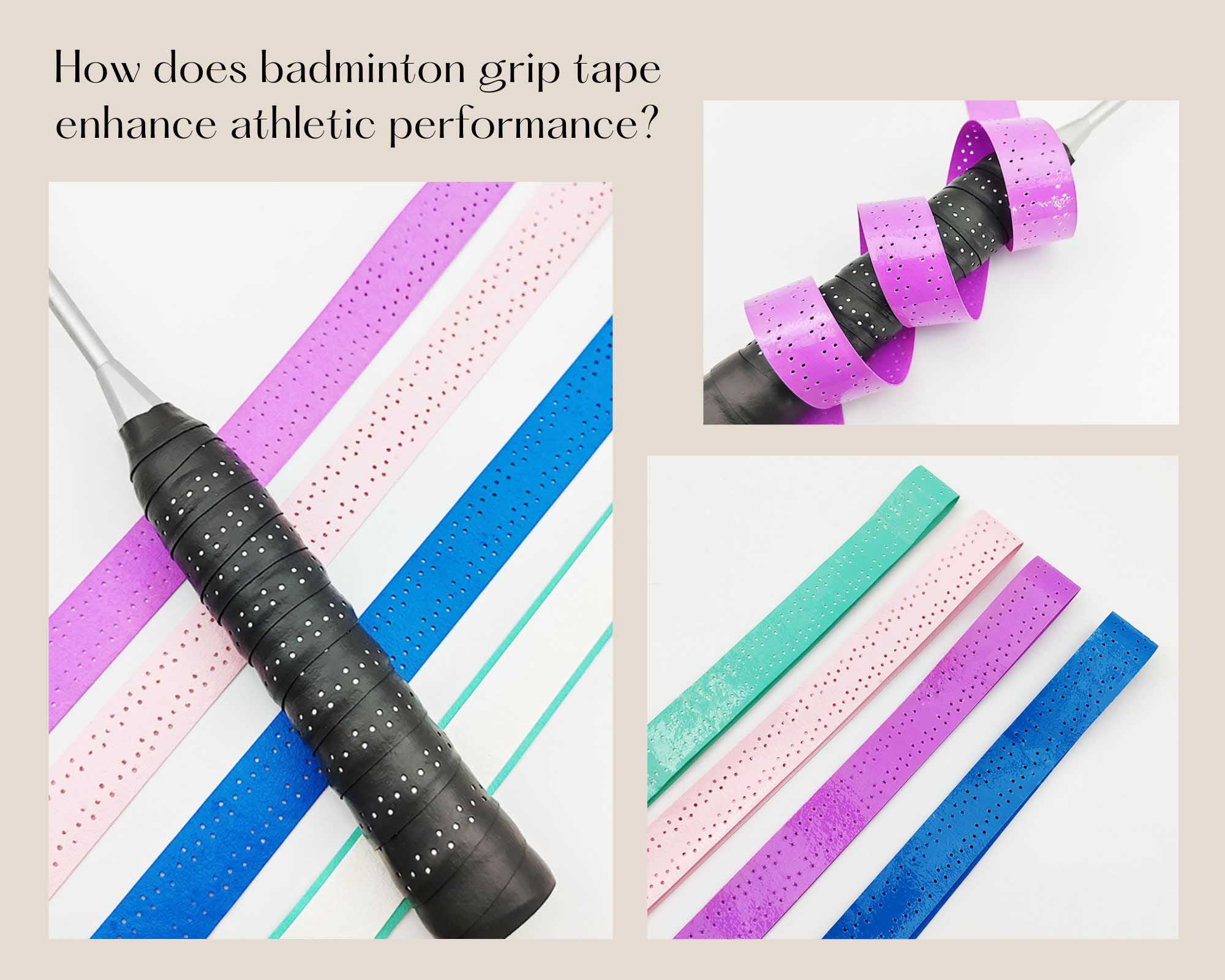
 Network Supported
Network Supported